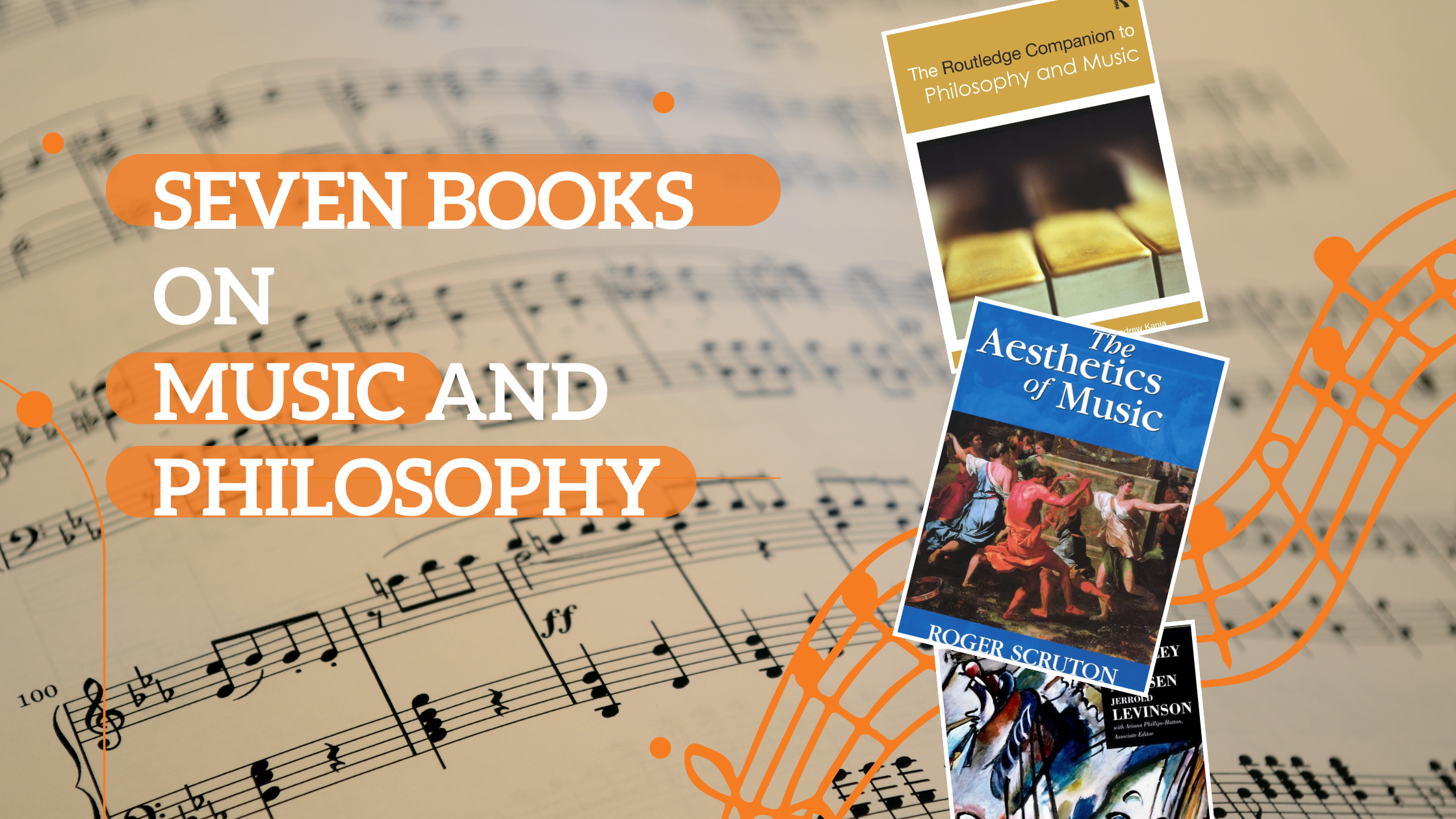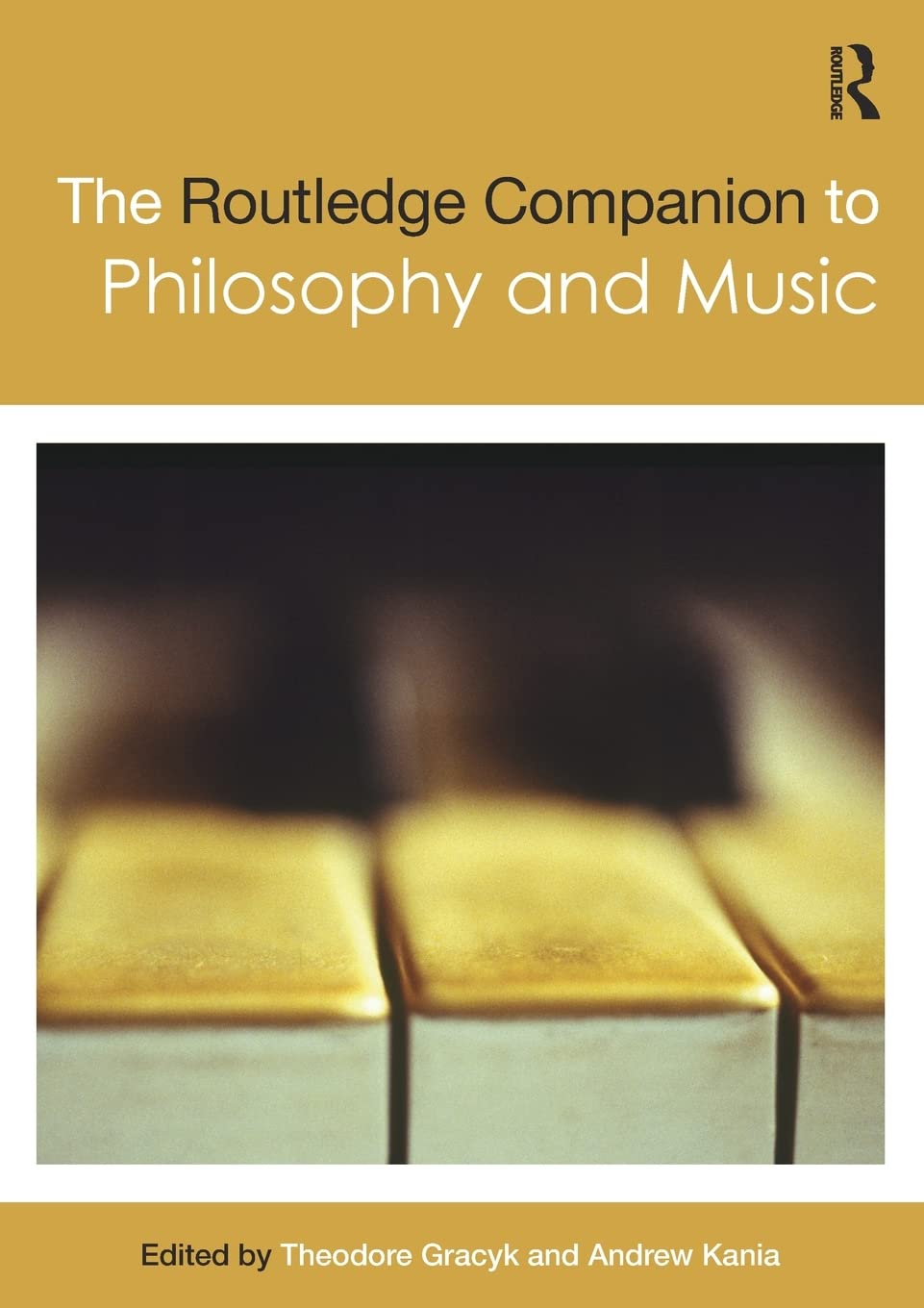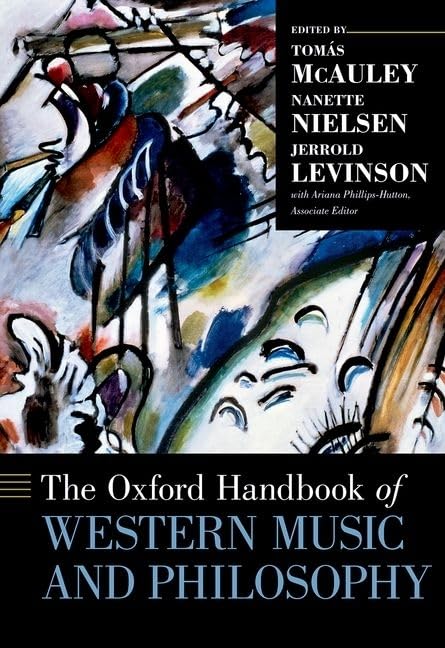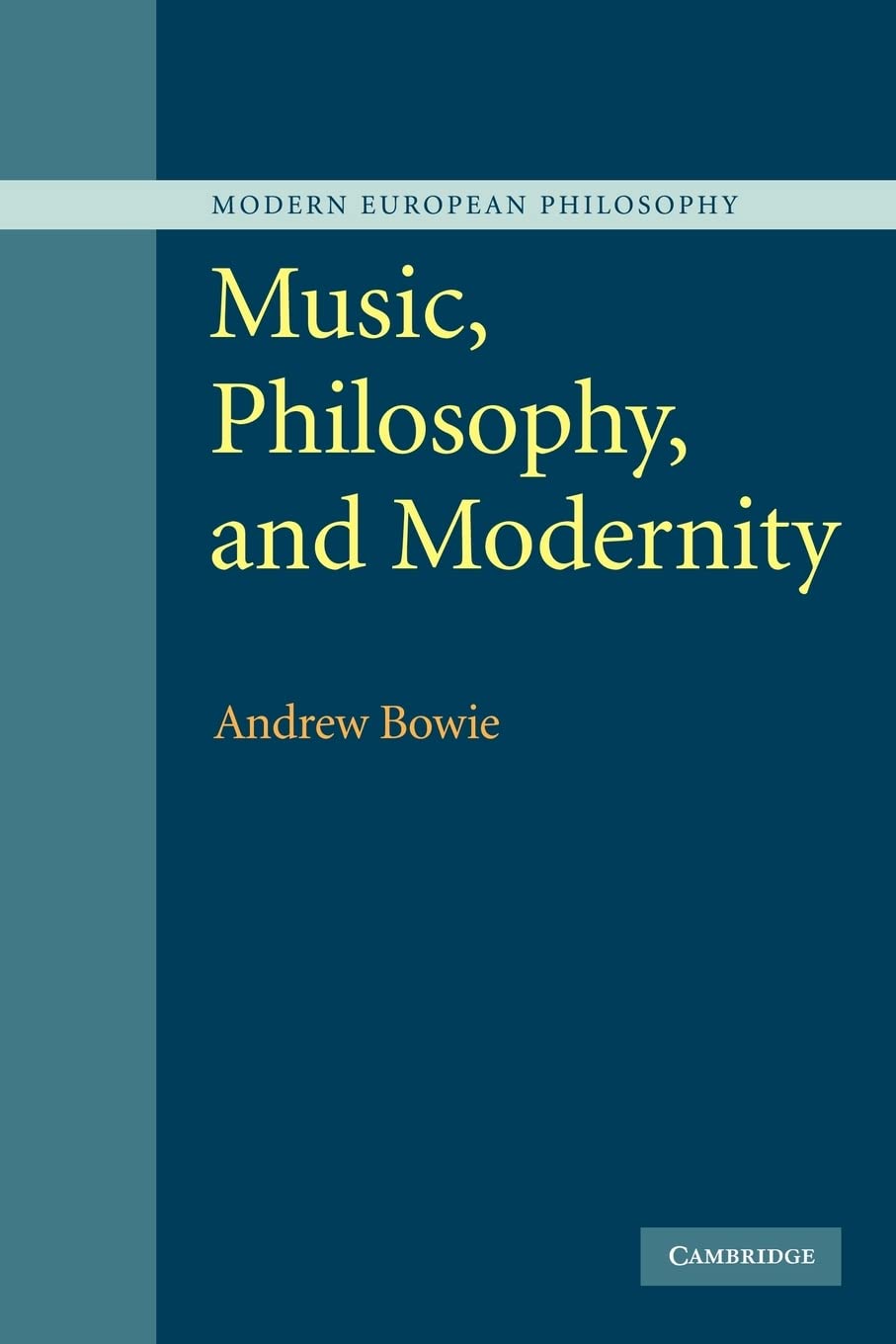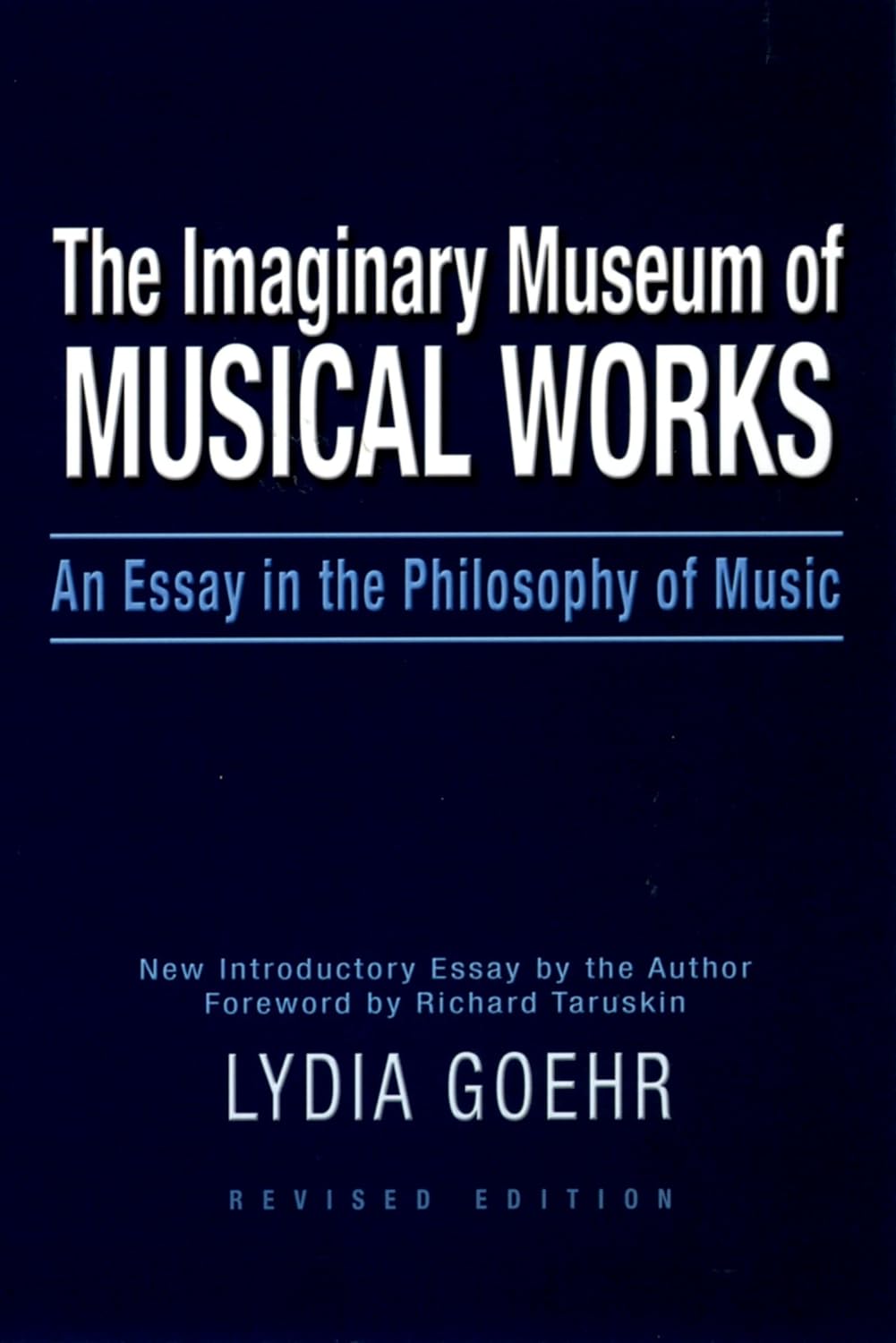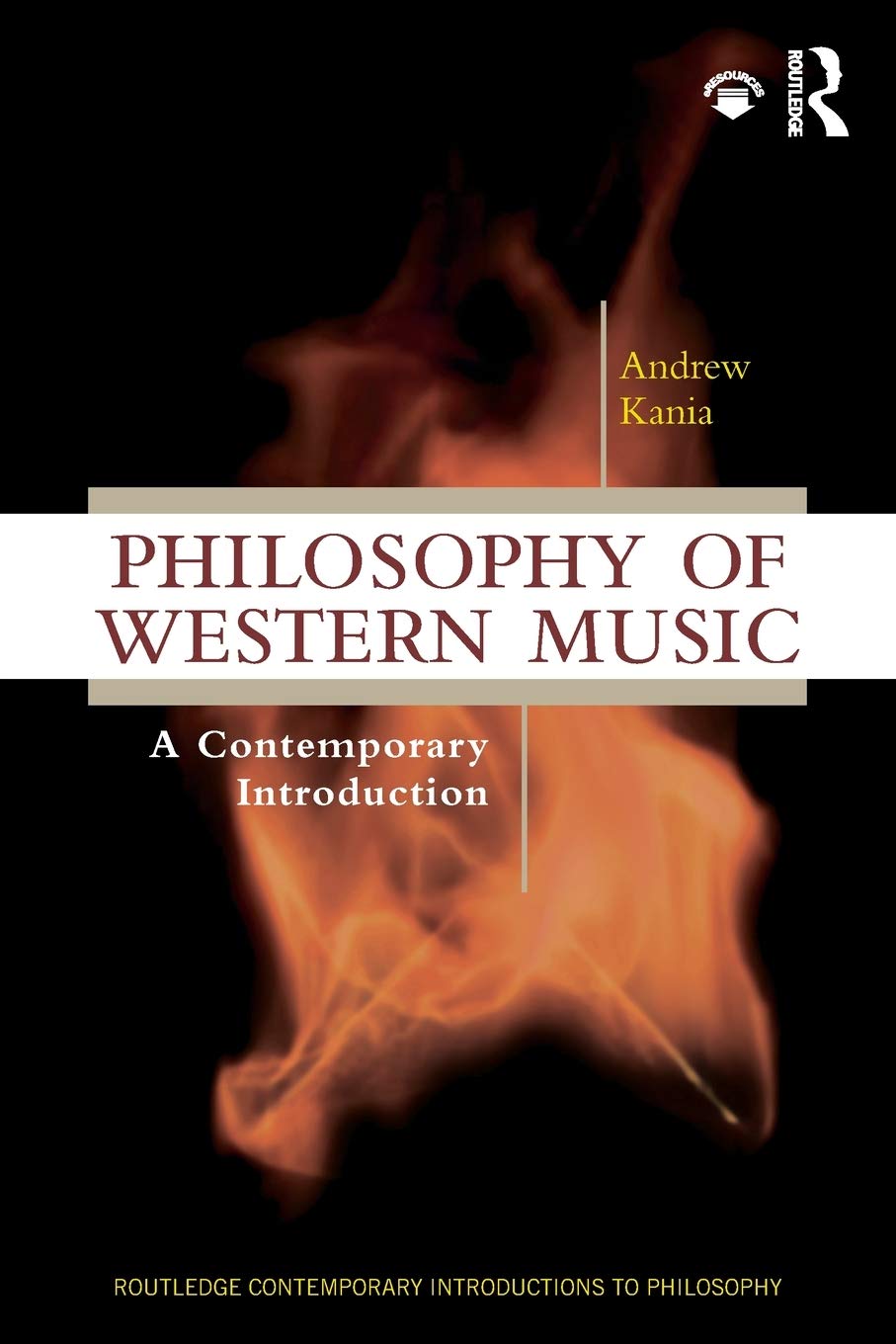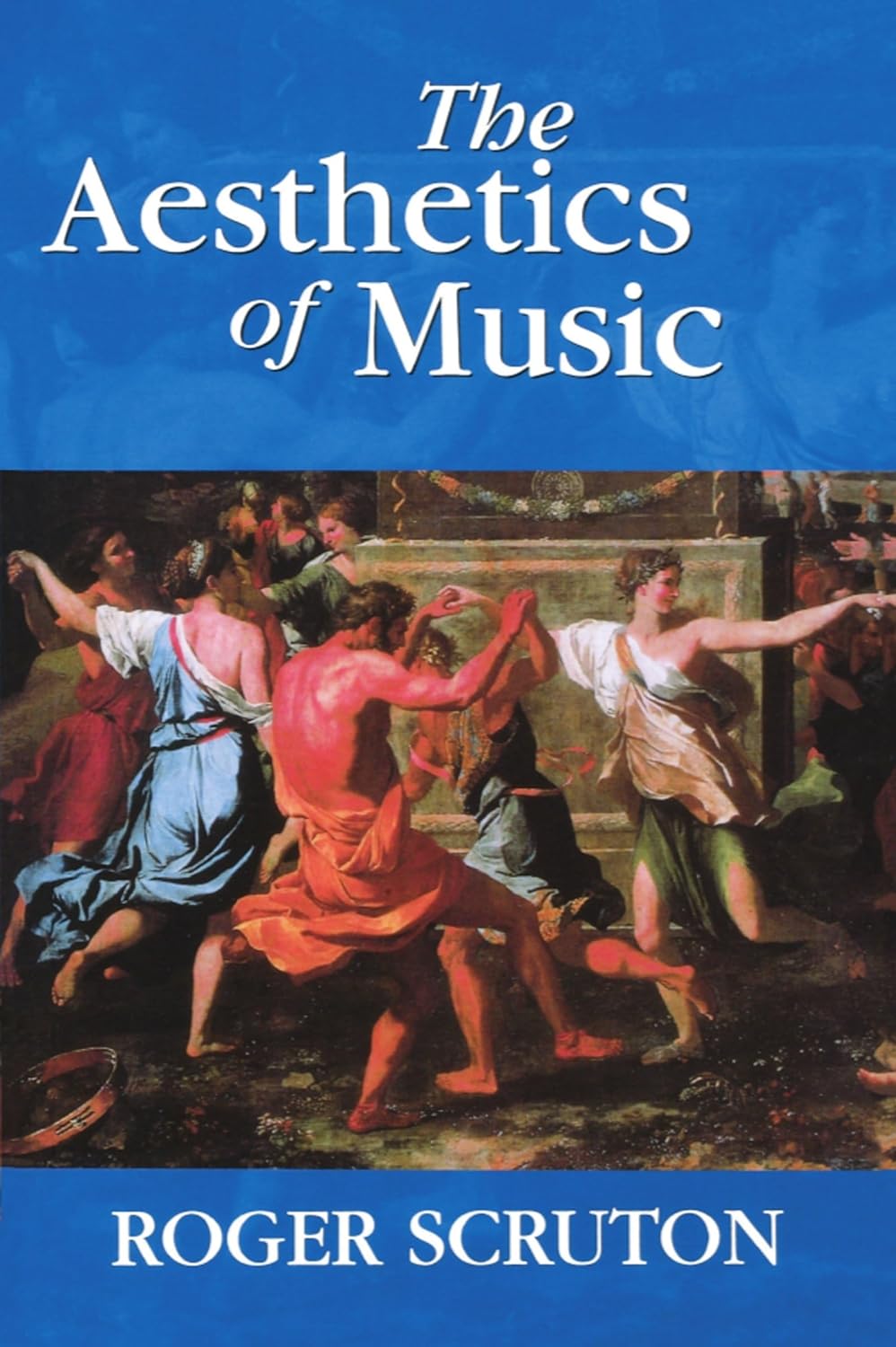Seven Books on Music and Philosophy
Philosophy of music stands out as an intriguing field in both philosophy and music studies, likely due to music’s perception in many cultures as a mysterious, indefinite, yet significant and powerful art. The books exploring the intersection of music and philosophy adopt various approaches and tackle diverse questions. In this list of seven books, I have endeavored to capture this variety. They stem from different traditions in music studies and philosophy. Some are penned by analytic philosophers, others by philosophers who pursue historical approaches to philosophy and the development of concepts and ideas. Some authors are musicologists attuned to music’s meaning within historical, intellectual, and socio-political contexts, while others are music theorists focusing on how music as structured sound works. The first two books on the list are particularly noteworthy, as they include articles that not only enlighten us about the existing intersections between music and philosophy—essentially, where music and philosophy meet—but also explore significant crossroads such as music and emotion, music and meaning, music and politics, and more.
It is crucial to note that these books primarily discuss music and philosophy within the Western cultural and historical context. Notably, the title of the second book, The Oxford Handbook of Western Music and Philosophy, explicitly acknowledges this focus. The editors are aware of the handbook’s limitations, especially its concentration on Western perspectives in music and philosophy. Recognizing the underrepresentation of non-Western cultures and various academic traditions, they express a hope for future research in music and philosophy to embrace a more inclusive and globally-oriented approach.
This book is an excellent primer for learning about the relationship between music and philosophy, encompassing everything from key themes to influential figures who have contributed to philosophical musings on music. The book is structured into six main sections for easy navigation: 1. General Issues; 2. Emotion; 3. History; 4. Figures; 5. Kinds of Music; and 6. Music, Philosophy, and Related Disciplines. It assembles a multitude of experts from diverse fields, offering a broad spectrum of perspectives and insights. Ideal for newcomers to the subject as well as those already familiar with it, the book comprehensively covers a wide range of topics. Particularly notable is the fourth part, which examines the musical ideas of renowned figures like Plato, Rousseau, Kant, Schopenhauer, Nietzsche, Hanslick, Gurney, Wagner, and Adorno. Also, the first two sections—General Issues and Emotion—serve as an excellent introduction to key concepts in music philosophy. They discuss topics in an accessible language, covering areas such as the definition of music, the interplay of sound and silence, elements like rhythm, melody, and harmony, the ontology of music, performance, musical understanding, and various theories of emotion in music, including expression, arousalist, and resemblance theories.
The Oxford Handbook series comprises fascinating volumes authored by distinguished scholars in their respective fields, aimed at providing thorough and up-to-date summaries of original research in specific areas. This particular Handbook, focusing on Western Music and Philosophy, delivers an extensive exploration of the vibrant interdisciplinary realm of Western music and philosophy. It explores music philosophy topics through both analytic and continental lenses and addresses the philosophical dimensions of music studies, including historical musicology, music theory, and ethnomusicology. Additionally, the Handbook includes articles discussing music within vital ‘philosophical traditions and practices’ like epistemology, ethics, ontology, hermeneutics, deconstruction, and theology. Parallel to this, the Handbook features articles that examine philosophical contexts within ‘musical traditions and practices’, covering areas like composition, listening, and electronic music. A notable inclusion is a philosophical essay on Galant Music by Jean-Luc Nancy, originally in French and accompanied by an introduction, offering an insightful bonus to the readers.
In his innovative rethinking of philosophical practice, Nancy aspires to, in simple terms, infuse philosophy with music—or for lack of better terms, musicalize philosophy. He intends to redirect philosophy from traditional domains of seeing and understanding, often linked with auditory perception, to a realm of ‘listening’—not to seek meaning, but to experience immediate, bodily resonance similar to the impact of music. This novel approach fosters profound and potentially paradigm-shifting ideas, such as the inquiry that “… shouldn’t truth ‘itself,’ as transitivity and incessant transition of a continual coming and going, be listened to rather than seen?” This concept marks a distinctive intersection between music and philosophy, reversing the usual perspective of philosophy of music to contemplate some kind of music of philosophy. The question Nancy poses at the outset clearly set the stage: “Is listening something of which philosophy is capable? Or—we’ll insist a little, despite everything, at the risk of exaggerating the point—hasn’t philosophy superimposed upon listening, beforehand and of necessity, or else substituted for listening, something else that might be more on the order of understanding?” The subtleties of this inquiry are somewhat lost in English translation: Nancy draws on the French language, contrasting the word ‘entendre’, which blends hearing with understanding, with ‘écouter’, which means to listen, to highlight his point.
The book focuses on the interplay of the three terms in its title, particularly within the historical context of modern philosophy. Bowie offers a persuasive argument that music, in the period of modernity, faced challenges similar to those in philosophy and significantly influenced modern philosophical thought and the broader perception of modernity. He contemplates the interaction of music with key themes of modern philosophy such as subjectivity, language, history, and aesthetics, proposing that music provides a distinct perspective that enhances our understanding of these themes. Bowie notes the way music has introduced tensions and uncertainties in both analytic and continental philosophical traditions. He posits that music, as an art form, articulates and evokes ideas often elusive to language, thereby enriching philosophical discourse. He reframes the relationship between philosophy and music, viewing music not just as a subject for philosophical analysis but as a means to illuminate issues of language and meaning in philosophy itself. This perspective inverts the usual query, prompting us to ask what music can reveal about philosophical questions. Bowie points to the Romantic musical discourse, especially the contributions of Herder and other early German Romantics, who saw “language and music as intimately connected, because both are means of revealing new aspects of being, rather than just means of re-presenting what is supposedly already there.” (p. 4)
This book makes a significant contribution to the ontology of music by offering a historical perspective on what music is. She explores the development of the ‘musical work’ concept around 1800, a key shift that has shaped modern understanding of Western art music. The first half of the book is dedicated to critiquing the analytic philosophy of music, according to which musical works are timeless entities. Instead, she looks at how societal, cultural, and technological shifts have influenced composers, performers, and audiences. Identifying the year 1800 as a crucial turning point, Goehr marks the transition from a pre-modern to a modern comprehension of music. According to her, musical modernity is marked by the emergence of a new concept of music, one that centers on its intrinsic rules and structures. This concept stands in stark contrast to the pre-1800 era, where music primarily served external purposes, such as religious homage or fulfilling the demands of employers. This change repositioned music from a performative activity to an autonomous, serious art form, valued for its own sake and independent of Aristotelian final causality—an ‘object’ of aesthetic contemplation, removed from practical use. This societal shift is paralleled by the rise of concert halls—which function similar to museums for visual arts—where music is presented and distanced from its historical and human roots. She argues that as there is no tangible thing in music that could be placed in musical museums, as a performative art it “had to find a plastic or equivalent commodity, . . . a permanently existing product” that could be turned into an aesthetic ‘object’: music could not be physically exhibited like artworks, it had to transform into a ‘permanently existing product’— an object, called ‘the work,’ that “could be divorced from everyday contexts … and be contemplated purely aesthetically” (173-4)
Andrew Kania’s book successfully combines a comprehensive overview of Western music philosophy with an introduction to music theory. The book is very accessible to readers without a philosophical background, as Kania uses diverse musical examples (from The La’s to Bach, and Radiohead to Coldplay) and clearly explains all the concepts and ideas he introduces as well as represents diverse arguments. The musical references are wide-ranging, spanning rock, classical, and jazz, supported by a Spotify playlist: another anomaly in the world of music philosophy books! Each chapter stands alone, complete with extensive notes. The text’s opening chapter showcases the different style and tone of Kania, discussing issues surrounding Bob Dylan’s Nobel Prize to make some philosophical points about music and explore varying theories of song from philosophers like Walton and Levinson. More standard topics in music philosophy such as Emotional expression in music, (theories like expressionism, arousalism, and eliminativism, etc.) are combined with a relaxed approach to musical examples and ideas, which makes the book a great starting points for those who do not have backgrounds in music or/and philosophy, as it not only familiarizes the readers with philosophical concepts about music it also teaches us some basic music theory, which unlike many music philosophy books the writer does not assume we know what harmony, rhythm, melody, etc. mean. The writing style is definitely interesting and examples are cool and fun. For example, somewhere in the middle of introducing the topic of music’s value, he writes: “The sound of a gunshot might be an even more effective way for your phone to get your attention. But presumably you prefer your chosen ringtone to the sound of a gunshot in part because you enjoy hearing music more than you enjoy hearing gunshots.” This is indeed a very informative and interesting chapter to read as it engages issues such as the relation between music and morality and whether the beauty of music can compensate for some of the moral discrepancies that surround the musicians whether in their lifestyle or their artistic goals. Definitely a great book to read, even if you have never read anything on the topic.
Scruton’s writing is consistently clear and insightful, making his books worth reading even when you might disagree with his perspectives. In this particular work, he examines important areas of music philosophy such as the essence, understanding, and significance of music. He explores the characteristics of sound, setting musical tones apart from non-musical sounds. He also focuses on the comprehension of music, emphasizing its expressive form and structure over mere the representation of ideas or external world. He also introduces a theory of musical value. Scruton uses a broad array of examples from Western music history, spanning from Bach to Messiaen, to illustrate his philosophical points about music. This approach distinctly sets itself apart from the usual philosophy of music literature, which tends to focus on abstract ideas and concepts, presenting examples in a broad, general manner. From this perspective, his book aligns more closely with the kind of writing typically associated with musicologists and music theorists. His discussion on the parallels between music and language is exceptionally well-written and insightful. If Scruton’s style resonates with you, his other books on the subject, Music as an Art (2018) and Understanding Music: Philosophy and Interpretation (2009), are also compelling reads.

